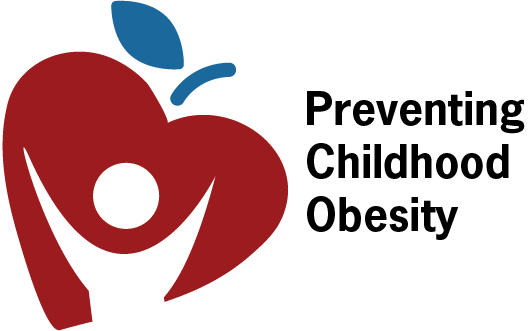Winners
Final Winner Announced
Temple University, College of Public Health, Center for Obesity Research and Education
iByte4Health
The team will receive a $125,000 cash prize.
iByte4Health is an mHealth intervention designed to engage low-income parents in an obesity prevention program. It is an entirely virtual text-messaging program made for parents of children ages 2-9. It targets key health behaviors to prevent obesity in high-risk, vulnerable children.
This program can be integrated into behavioral health primary care and provided as a tool for pediatric patients referred by a provider. iByte4Health can also be licensed for use by health insurance companies and organizations like USDA's Supplemental Nutrition Assistance Program.
Have further questions about the winning solution? Email MCHBGrandChallenges@hrsa.gov![]() .
.
Five Phase 2 Winners Selected September 2019:
Using different approaches and technology platforms, winning designs aim to empower low-income families to achieve healthy lifestyles and improve the health of communities across the U.S.
Each team won a share of a $150,000 prize.
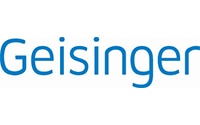
Geisinger Health Foundation: Pediatricians Prescribing Play
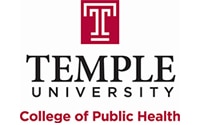
Temple University: Developing an mHealth Intervention to Engage Low-Income Mothers in an Obesity Prevention Program
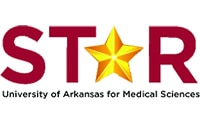
University of Arkansas: Mobile-Web Version of HealthyNOW
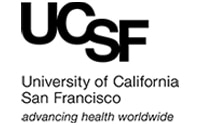
University of California, San Francisco: Development and Testing of an mHealth Intervention Among Low-Income Latino Toddlers and Preschoolers
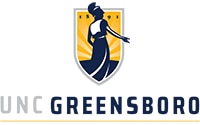
University of North Carolina at Greensboro: Designing and Testing a Community Context-Driven Evidence-Based Virtual Avatar Coaching Approach to Improve Access to Health Promotion Programs for Low-Income Children and Families
Teams will now continue to Phase 3 to test their proposed interventions on a larger scale. One team will be chosen by 2021 to win a grand prize of up to $145,000.
10 Phase 1 Winners Selected December 2018:
Each team won a share of a $100,000 prize. Teams were:
- Alaska Native Tribal Health Consortium: Preserving Alaska Native Traditional Food Practices and Increasing Food Security Through Technology
- Alliance Chicago: The Mothers Accessing Telehealth Consultations at Home (MATCH) for Breastfeeding Project
- American Heart Association, Dallas, TX: Omni-Channel Technology Approach for a Generation (OCTAGEN) of Healthy Early Children
- Children’s Hospital of Philadelphia: “Sugar, You Got This!”
- Geisinger Health Foundation:Pediatricians Prescribing Play
- Henry Ford Health System: 5-2-1-0 Go! App
- Temple University: Developing an mHealth Intervention to Engage Low-Income Mothers in an Obesity Prevention Program
- University of Arkansas: Mobile-Web Version of HealthyNOW
- University of California, San Francisco: Development and Testing of an mHealth Intervention Among Low-Income Latino Toddlers and Preschoolers
- University of North Carolina at Greensboro:Designing and Testing a Community Context-Driven Evidence-Based Virtual Avatar Coaching Approach to Improve Access to Health Promotion Programs for Low-Income Children and Families

